How to water the onion with salt so that it does not turn yellow?
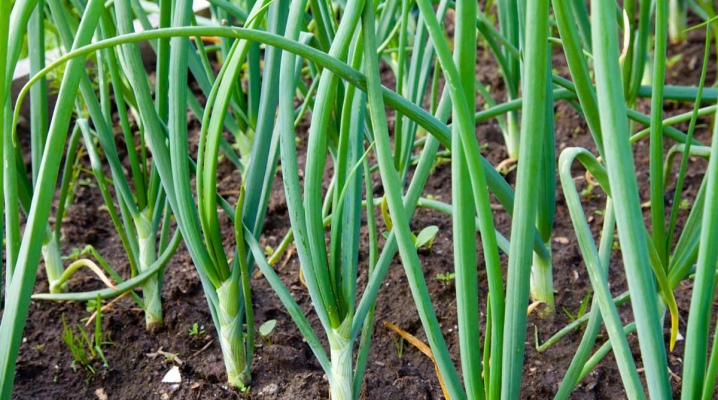
Onions are undoubtedly one of the main crops that are always planted in the garden or greenhouse. It is not only one of the main ingredients in cooking, giving dishes a special taste and smell, but it is also considered very useful, full of vitamins and minerals.
The appearance of yellowness on onion arrows earlier than at the end of August may indicate that the plant is sick. Many gardeners use various chemical and biological products, but it is better to give preference to safe "grandmother's" methods. One of these is watering the onion with salt.
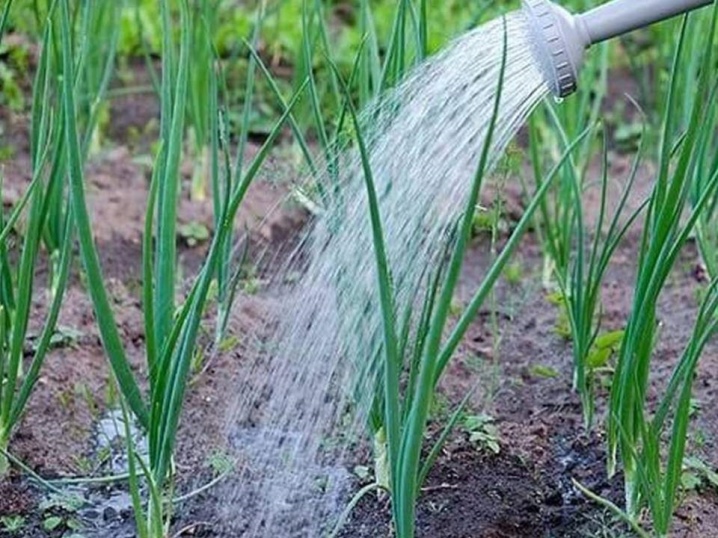
Signs of illness
Why do bow arrows turn yellow? If this happens in August, there is nothing to worry about. This is a sign that the plant is ripening and can soon be removed from the garden. But if such a phenomenon arose much earlier, then this indicates that a failure has occurred in development.
There are several reasons why the onion turns yellow.
- Violation of the rules and norms of care, watering. Keeping to the watering schedule is very important. During the period when the arrows are just beginning to germinate, the vegetable needs to be watered abundantly: about 1 time in 2 days. If the bed is mulched, watering can be reduced. You need to bring water to the very root in the morning. Water temperature for irrigation is from 18 to 25 ºС.
- The plant has been attacked by pests. Onions are very fond of various insects. Most often, onion nematodes and onion flies are found in it. These insects live in the plant head and feed on its sap. Because of this, the arrows begin to turn yellow.
- Lack of trace elements in the soil. The soil in which the culture is planted must be saturated with nitrogen. The reasons for the lack of such an element in the soil may be a change in the weather, a too dry climate, or, conversely, a large amount of precipitation.
- Diseases. Rot and rust are ailments that lead to yellowing of onions. If yellow spots appear on the arrows of the bow, then it is rust. If the lower part of the crop is modified, the plant is rotted.
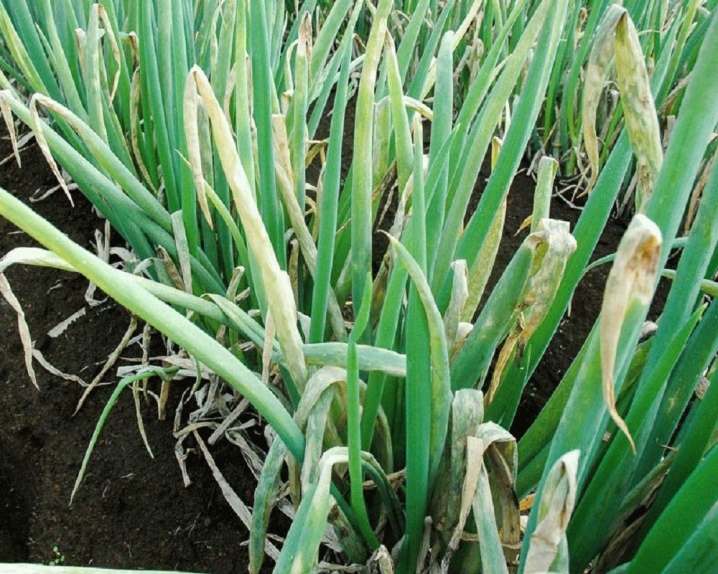
Sprinkling salt on your onions is one of the most effective ways to get rid of yellowness, whatever the cause.
This method of treatment has both supporters and opponents. The former argue that there is nothing wrong with watering onions with salt, of course, if you adhere to all the rules. Sodium chloride, which is its main element, prevents pests from appearing on the plant, kills their larvae and reduces the amount of harmful substances in the soil. Opponents argue that the high concentration of sodium chloride negatively affects the development of the culture.
However, in practice, it has been found that with proper watering of the culture with brine, pests can be eliminated and disease prevented. The most important thing is to prepare the watering solution correctly.
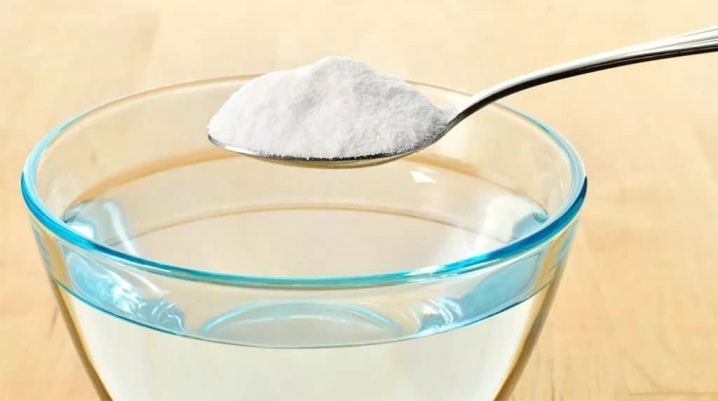
Recipe
The main advantages of the saline solution are:
- efficiency;
- ease of preparation;
- availability.
In the process of preparing such a folk remedy, there is nothing difficult. You will need this:
- tap water;
- kitchen salt;
- a little ammonia.
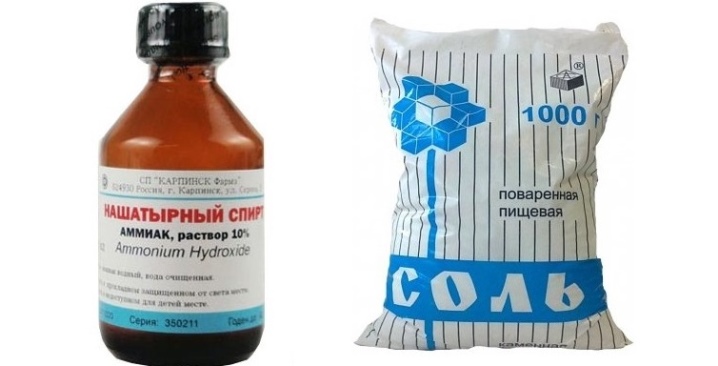
The indicated ingredients must be mixed until the crystals are completely dissolved and a small amount of ammonia must be added. You don't need to do anything else. Once the solution is ready, it can be used to water the crop.
It is important to use the ingredients in the amount indicated in the recipe, and preferably only table salt.If you decide to use "extra" or sea salt, its amount should be halved, since these types of salt are more concentrated.
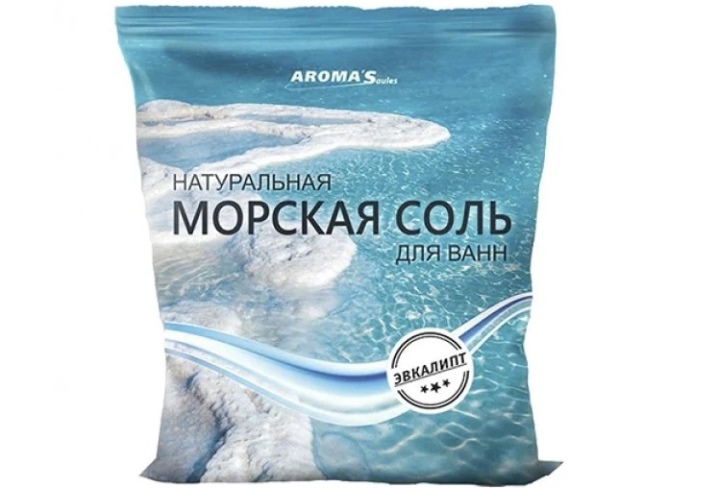
How to water?
To achieve the desired result and accurately get rid of yellowness, you need to properly process the culture with the prepared solution.
- First time processing is carried out only after the arrows have reached at least 5 centimeters.
- Second time - about 3 weeks after the first. The length of the onion arrow should be about 8-10 centimeters. For the solution, use 10 liters of water and 450 grams of salt.
- The last - third - treatment is possible 3 weeks after the second. The amount of water for preparing the solution remains the same, 10 liters, but the amount of salt must be increased to 600 grams.
In total, during the season, you can feed the culture with saline no more than 3 times. You need to water only in the early morning, while making sure that the solution only hits the soil. Onions will take everything they need from the ground to resist diseases and pests.
After cultivating the soil, you should also do good watering with regular tap water so that the salt penetrates the ground.
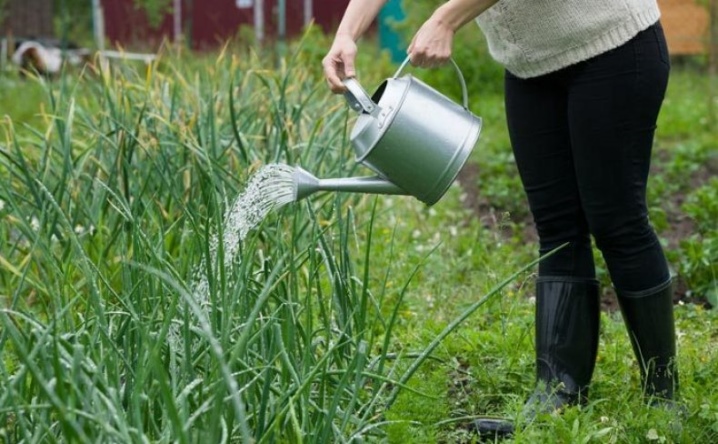
You should not be afraid that the soil will become very saline: too small a dose of NaCl gets into the ground and does not pose any particular danger to the soil.
But it will relieve pests for sure and allow you to get juicy green feathers, and in the future - heads.
Experts recommend taking preventive measures between waterings, namely:
- break off yellowed feathers;
- loosen the ground and sprinkle it with wood ash, you can use tobacco dust or ground red pepper;
- tear out and destroy the affected heads;
- feed the plant with special additives.
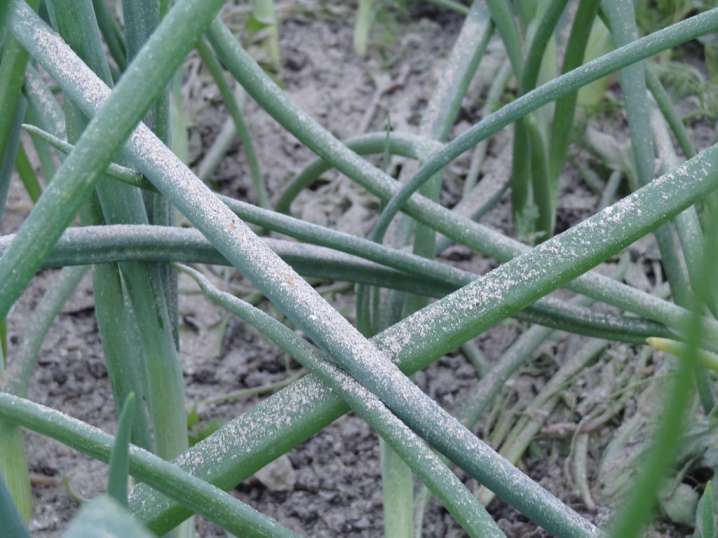
As a top dressing for onions, urea, superphosphates, and potassium nitrate are ideal.
For prevention purposes, some gardeners put onion sets in a saline solution before planting. In this case, the solution is prepared at the rate of 1 glass of salt per bucket of water. It is believed that in this case the onion fly larvae will not attack the plant in the future.
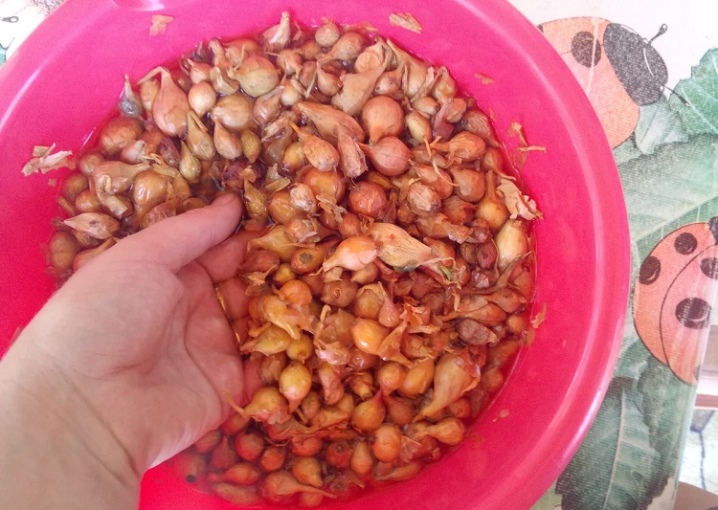













The comment was sent successfully.